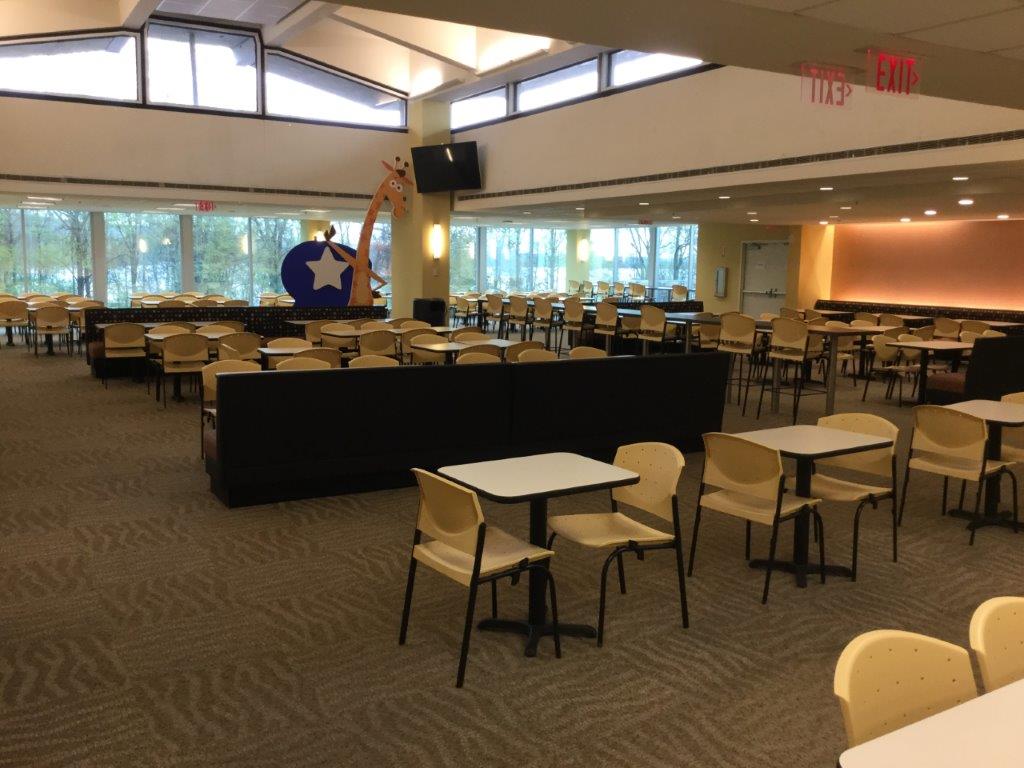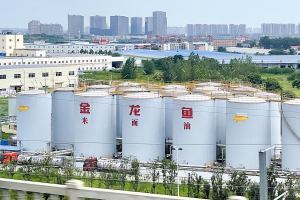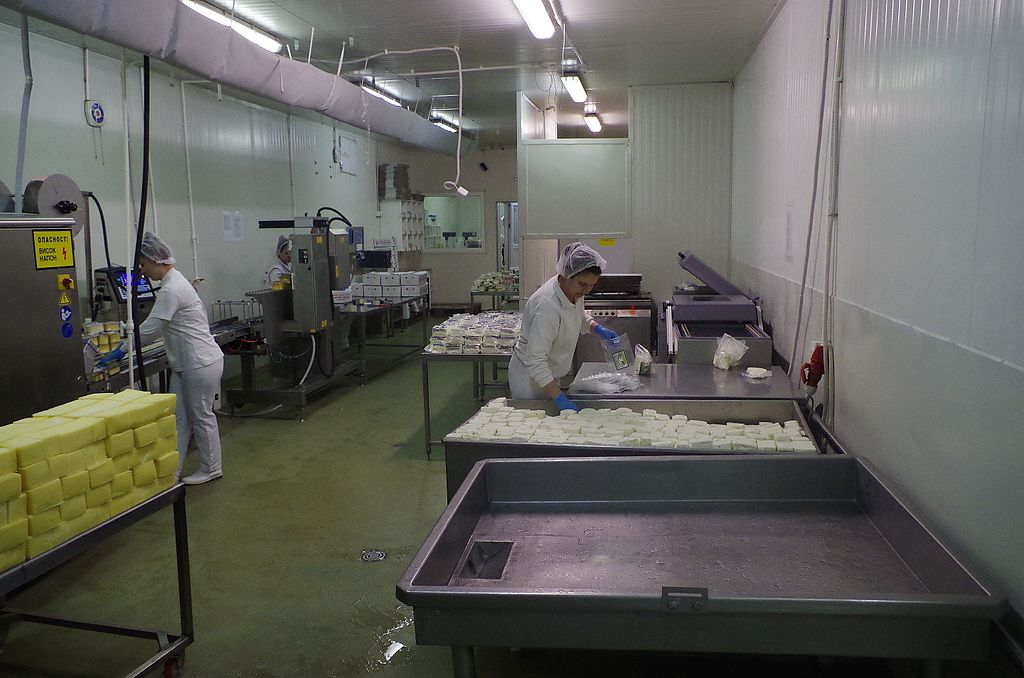
he Food Service unit focuses on the principles and techniques of serving food and beverages in various hospitality settings, including restaurants, hotels, and catering establishments. It emphasizes customer service, table setting, service etiquette, and food presentation, ensuring a high-quality dining experience.
Key Topics Covered:
- Types of Food Service – Buffet, table service, counter service, and self-service.
- Table Setting & Arrangement – Proper placement of cutlery, glassware, and table décor.
- Service Techniques – Plated service, silver service, and guéridon service.
- Customer Relations & Communication – Handling guests professionally and responding to complaints.
- Beverage Service – Preparing and serving hot and cold beverages.
- Hygiene & Safety Standards – Maintaining cleanliness and food safety regulations.
- Teacher: Admin User

